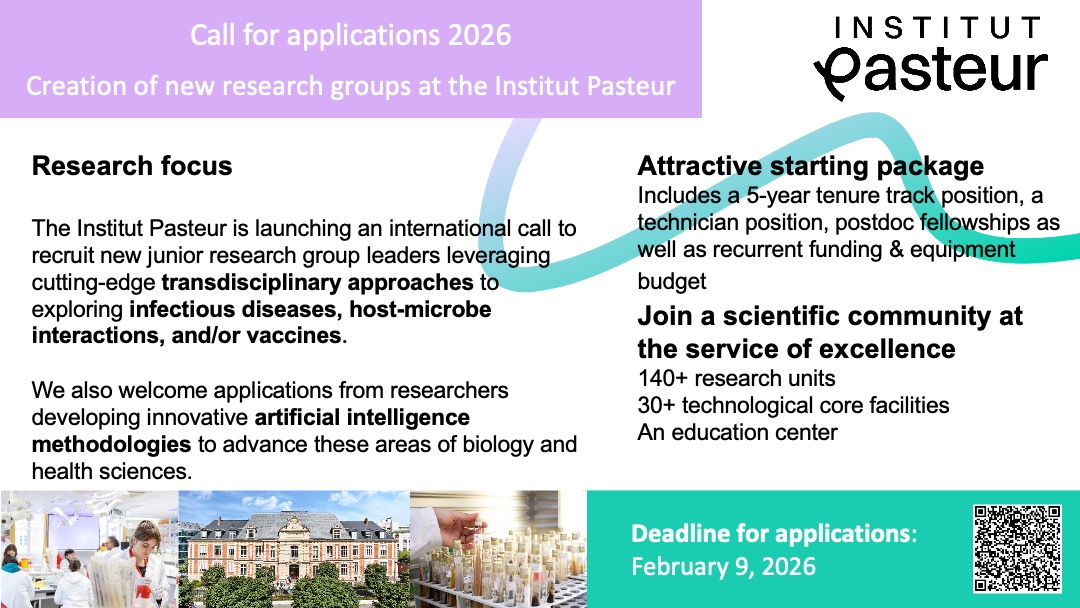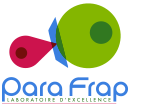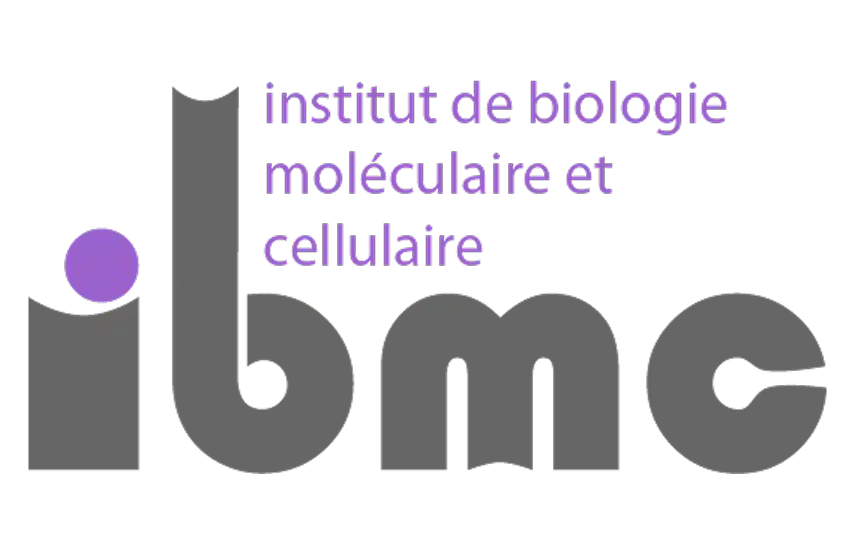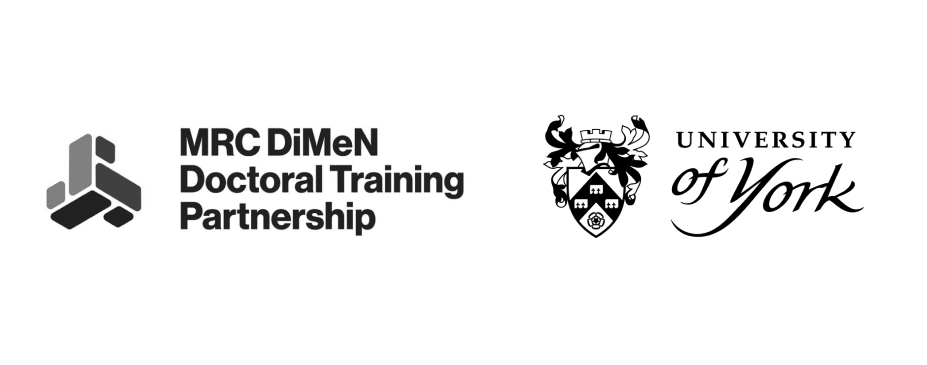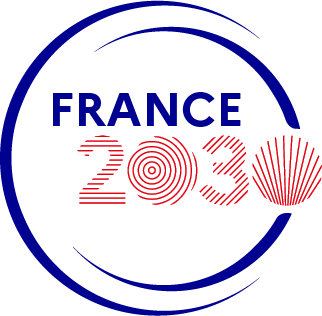Call for Applications: New Junior Research Groups at Institut Pasteur
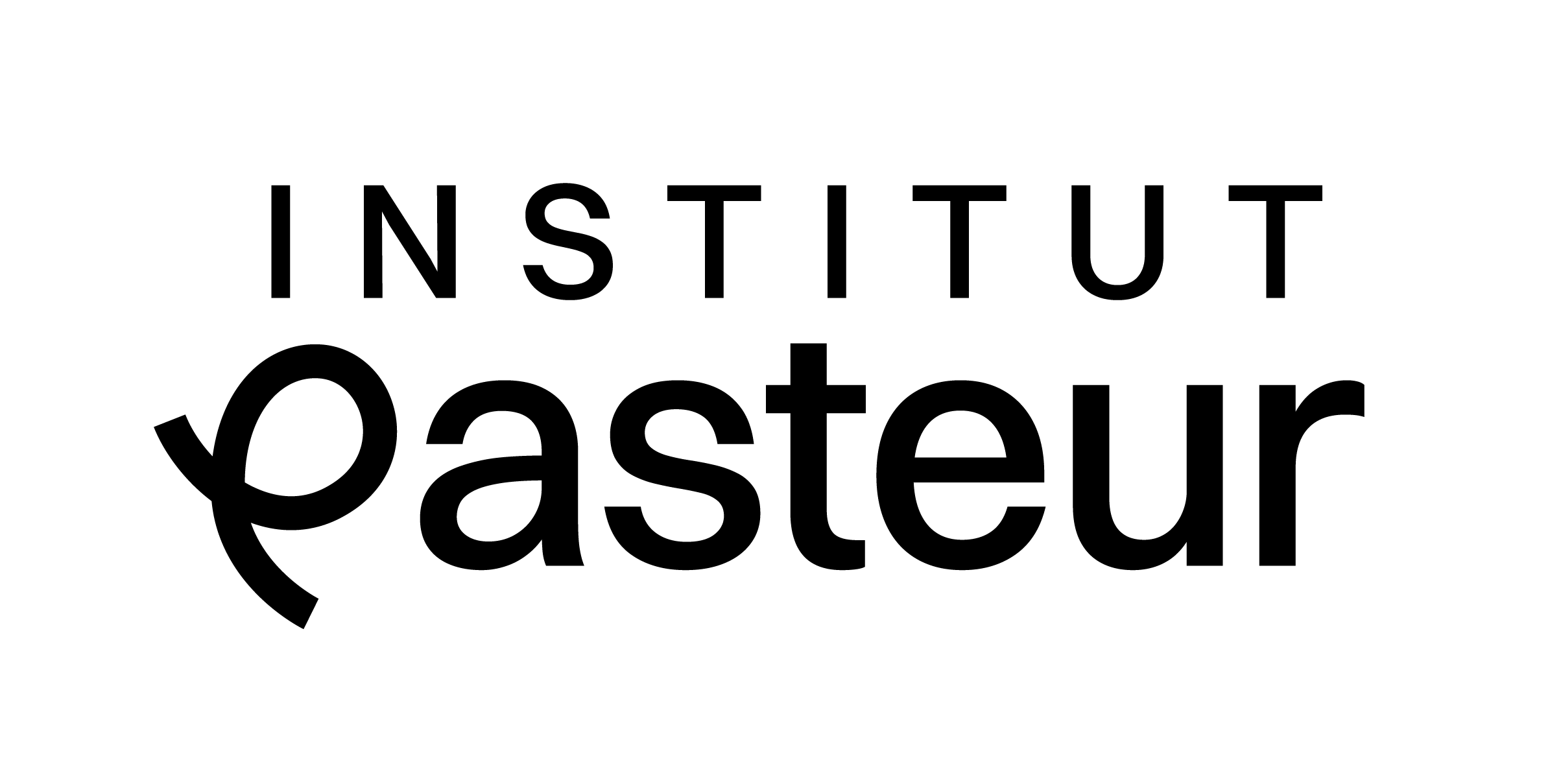
The Institut Pasteur has launched an international call to recruit new junior group leaders.
This is a unique opportunity for high-potential scientists to establish their own research teams in the heart of Paris.
Focus Areas
The call seeks candidates leveraging cutting-edge transdisciplinary approaches in:
-
Infectious Diseases & Host-microbe interactions.
-
Vaccine Research.
-
Innovative AI Methodologies applied to biology and health sciences.
The Offer
Successful candidates (Assistant Professor level) will lead a tenure-track group of 6 people for an initial period of 5 years. The package includes:
-
Institutional salaries (PI, technician, post-docs).
-
Substantial funding for running costs and equipment.
-
Access to state-of-the-art technological platforms and the global Pasteur Network.
Eligibility
Candidates should typically have 2 to 12 years of post-PhD experience (extended to 14-16 years for primary caretakers). The Institut Pasteur is committed to DEI (Diversity, Equity, and Inclusion) and strongly encourages applications from diverse backgrounds.
Application Details
-
Application Deadline: February 9, 2026 (4:00 pm CET).
-
How to apply: Send your completed application as a single PDF file to Cette adresse e-mail est protégée contre les robots spammeurs. Vous devez activer le JavaScript pour la visualiser..
-
Full information: Find all the details and the application template on the official website: https://research.pasteur.fr/en/call/creation-of-new-junior-research-groups-at-the-institut-pasteur-call-for-applications-2026/
